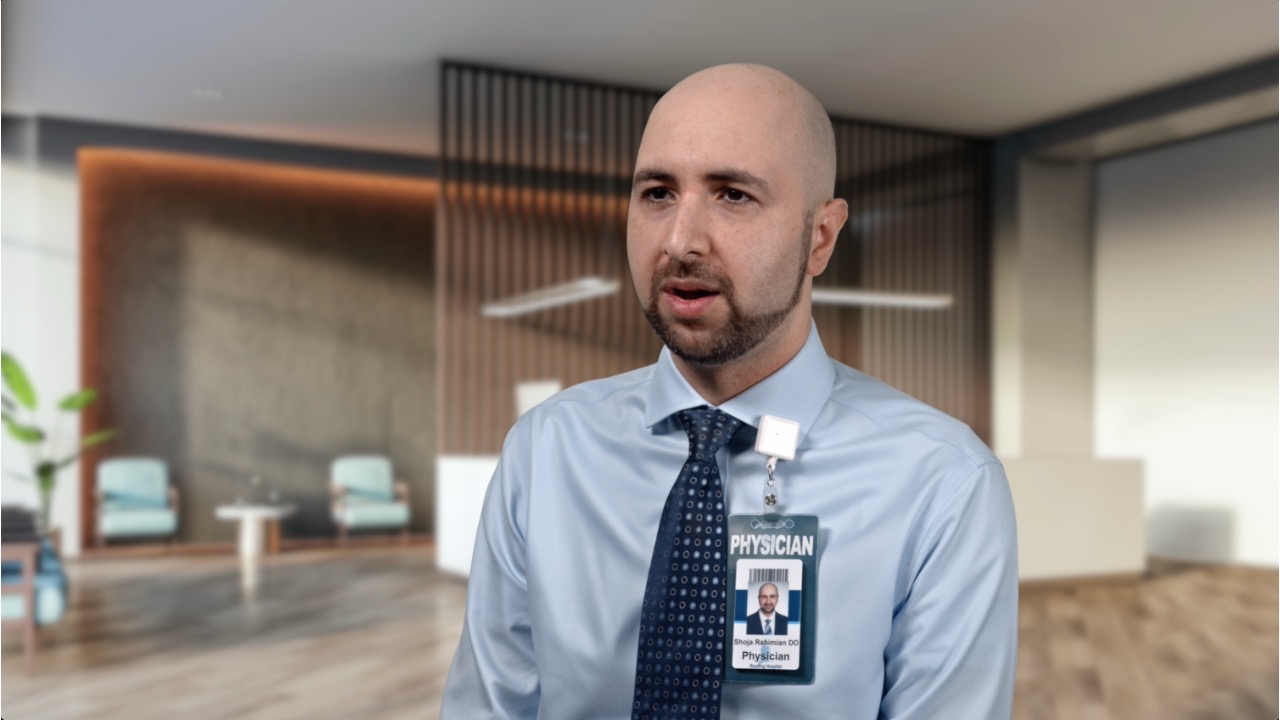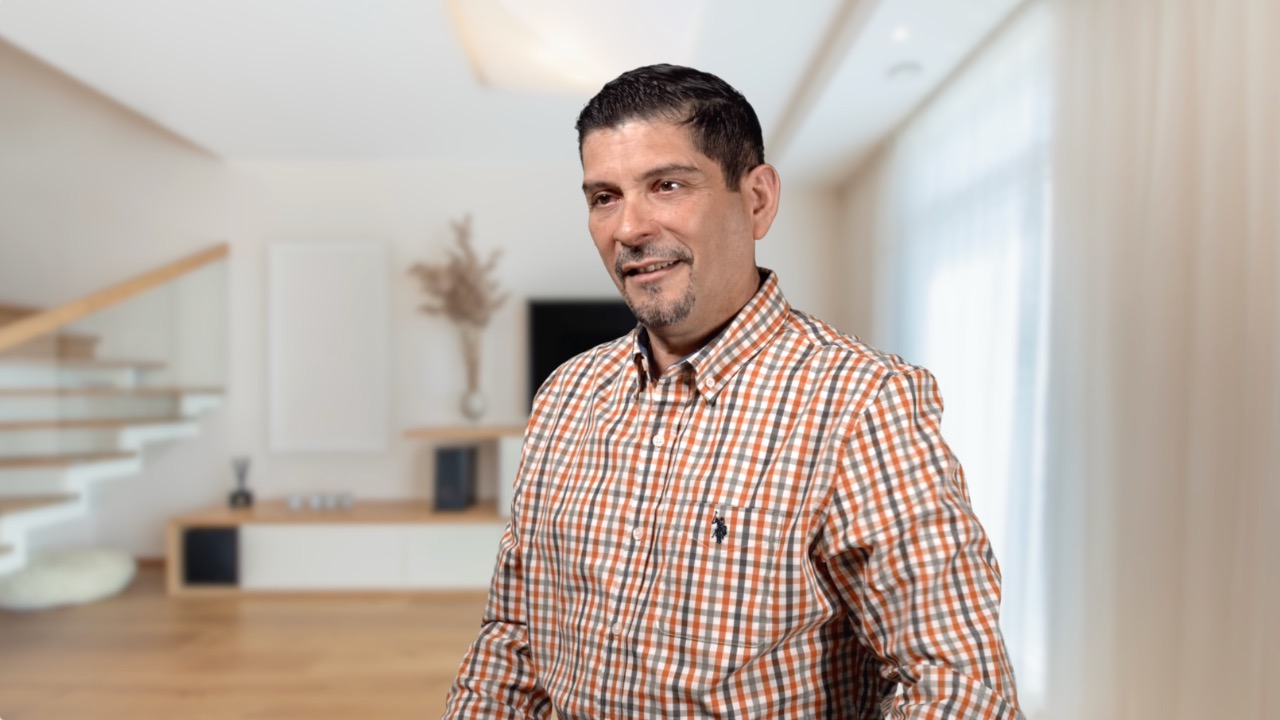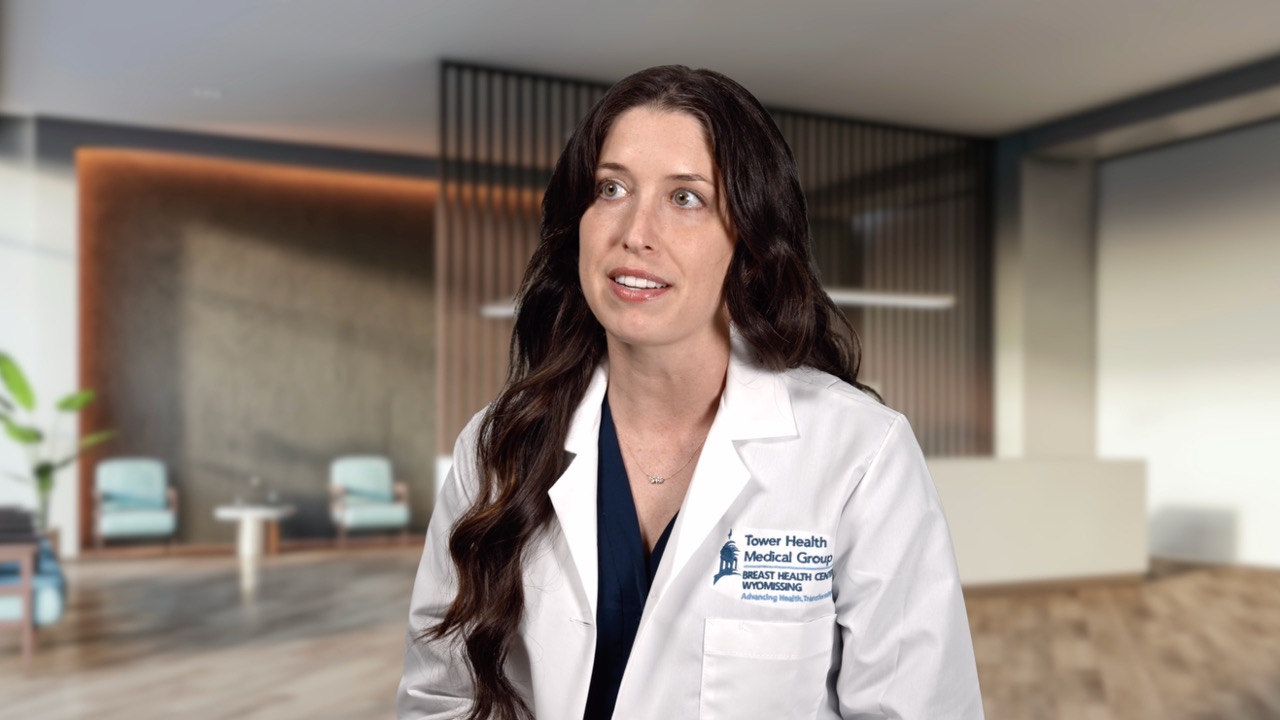
Judge Tonya Butler’s Journey of Faith and Resilience
Tonya Butler knows how to deliver a verdict.
As a Magisterial District Judge in Reading, she’s used to making tough calls and keeping calm under pressure. But nothing prepared her for the judgment she received one Tuesday in January 2019 — a sentence she hadn’t seen coming.
“It is cancer,” her doctor said.
It felt like the strike of a gavel.
Tonya, then 48, had felt the lump a couple of months earlier, while showering. It felt odd — small, like a marble she could move around, unlike anything she’d ever felt before. She already had a mammogram scheduled, and that led to further testing, then to a surgeon, and finally, that phone call.
Her diagnosis: intraductal carcinoma in her left breast.
Everything changed.
But Tonya stood firm.
She had a lumpectomy, followed by chemotherapy. Her body endured five of the six planned rounds.
“I got to the point where I could not walk a city block,” she recalled. “I went in overnight to the hospital. The doctor said he had gone more aggressive with the chemo, and he felt I could go without a sixth round. It was better for me.”
During her fifth treatment that spring, it had been weighing on her that it was high school senior year for one of her two sons. Prom and graduation were coming up. “How am I going to get through this?” she thought. But the way treatment worked out, she did and was able to show up for her son.
“I was exhausted,” she said. “But Dr. Leasure told me, ‘We are going to get through this.’ Not you — we. And he meant it.”
After chemo came radiation, then a year of immunotherapy. She still takes daily hormone therapy and vitamin D3. Through it all, Tonya held tightly to her faith, family, and community.
And now, six years later, she’s still standing. Stronger than ever.
Faith and a Mission
“Dear Cancer: What you meant for evil, God meant for good,” she says now.
Those words are more than a declaration.
“I am a different person than I was when I started,” Tonya said. “I can tell other women who have cancer that prayer works. Even though you’re dealing with this now, there is hope. God’s got you.”
Even in the face of a devastating diagnosis, Tonya said, there is a greater plan at work — one where advanced care, compassionate support, and personal resilience transform a tragic moment into a journey of healing, growth, and renewed life.
As she was dealing with treatment and looking for support, she joined several groups on Facebook.
“I saw other women complaining of having no energy,” Tonya said. “One woman put on there that you have to walk. You have to start walking. And that’s what I did. Starting with one block at a time.
After she got a few steps behind her, she treated trips to the hospital like an errand.
“My goal was to do that errand and then walk, walk around the Reading Public Museum, and I just started going farther and farther,” Tonya said. “It turned into a five and a half mile walk that I still do to this day.”
Walking became a way of reclaiming her strength.
So did building community. She helped start a local chapter of Sisters Network Inc., a national organization supporting African American women with breast cancer.
“Breast cancer wasn’t talked about,” Tonya said. “The older generation kept it to themselves.”
But when she was diagnosed, she learned how many other women in her life had been, too. Women she’d seen in church. At the grocery store. Friends, neighbors. Survivors.
“Breast cancer does not run in my family,” Tonya said. “I did not know before that for 85 percent of women who are diagnosed with this, it doesn’t run in their families. I thought it was the other way around.”
Be Vigilant
Tonya, 53, is still helping others understand — and encouraging them not to wait.
“Women take care of everybody else,” she said. “We have to take care of ourselves, too.”
Her advice? Know your body. Do monthly breast self-exams. Don’t ignore the lump, the marble, the thing that wasn’t there last month.
And don’t be afraid.
“Not everything you feel is breast cancer,” she said. “But if it is, you need to know. Don’t be scared of the biopsy, or the mammogram, or the results. The only way through it is through it.”
Tonya never once considered leaving Reading for treatment. She’d always trusted Reading Hospital. And though she’d driven past the McGlinn Cancer Institute countless times without giving it much thought, once she stepped through its doors, she knew she was in the right place.
“Everyone there was concerned, empathetic, accessible,” she said.
She still sees the McGlinn sign and parking spaces reserved for cancer patients when she’s in the hospital parking garage. But now, they mean something different.
“It’s just a reminder,” Tonya said, “that I beat cancer.”
That she did. With grace. With grit. With faith.
More "Dear Cancer" Stories

“Dear Cancer: You Will No Longer Be in Control.”
Dr. Rahimian knows the journey through cancer is never easy — but he also knows that with strong support, expert care, and personal connection, hope can take the lead.

“Dear Cancer: I Turned Pain into Purpose.”
After months of hiding his symptoms, followed by a life-threatening scare, Amauris “Manny” Abreu was diagnosed with Stage 4 prostate cancer at Reading Hospital’s McGlinn Cancer Institute.
Make an Appointment
Cancer may change lives, but it doesn’t have to define them.

